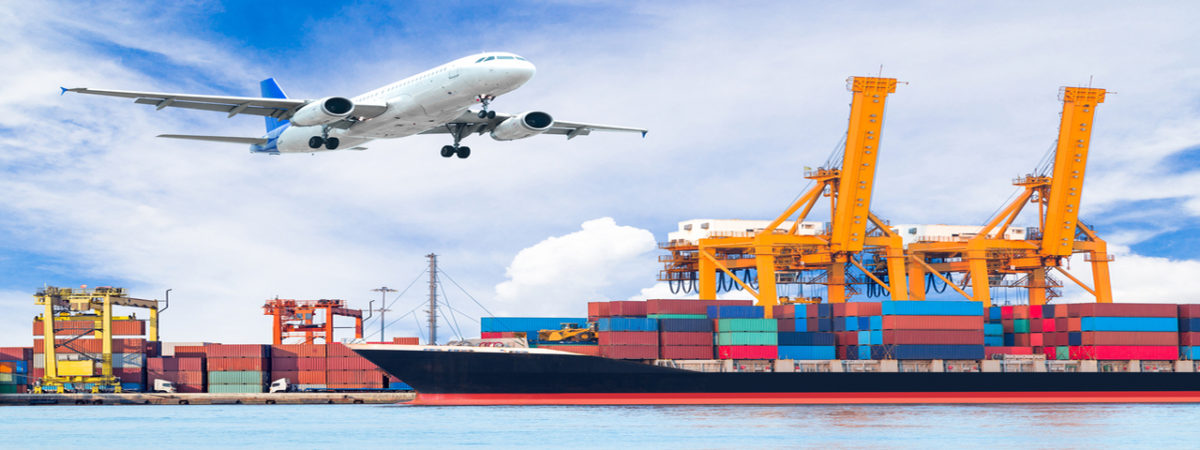How free trade made Europe great (Part 2)
SUGGESTED



The Corn Laws Tighten the Trade Restrictions
However, when Napoleon was defeated in 1815, rather than an easing of the regulations and controls over trade, the British government intensified them. It was feared that with the coming of peace, and an opening of international trade with the European continent, Great Britain would be “flooded” with cheap agricultural imports that would “ruin” the landowners, many of whom were the landed aristocracy.
Thus, in 1815, Parliament passed the Corn Laws, establishing a high sliding import tax on foreign grown wheat. That is, the lower the domestic price of wheat was to decline, the higher the import duty on foreign wheat. Or the other way around, only as the domestic price of wheat went up could any foreign supplier of wheat find it possible to sell wheat in Great Britain after paying a slightly reduced import tax, and still make some profit from doing so.
The protectionist trade barriers not only kept the cost of food high for the average worker, but they also made it costly to import other raw materials and resources from abroad for British manufacturing, which limited the cost efficiencies of industrial development for both British domestic sales and export business.
The Anti-Corn Law League and the Case for Free Trade
In 1820, a group of British industrialists issued a Merchant’s Petition declaring that they were “against every restrictive regulation of trade, not essential to the revenue, against all duties merely protective from foreign competition.” In 1830, Sir Henry Parnell, a long-time chairman of the finance committee of the House of Commons, published a book entitled On Financial Reform. In it, he declared:
“If once men were allowed to take their own way, they would very soon, to the great advantage of society, undeceive the world of the error of restricting trade, and show that the passage of merchandise from one state to another ought to be as free as air and water. Every country should be as a general and common fair for the sale of goods, and the individual and nation that makes the best commodity should find the greatest advantage.
In 1836, the Anti-Corn Law Association was formed in London, which in 1839 was renamed the Anti-Corn Law League in Manchester. For the next seven years, under the masterful and powerful leadership of Richard Cobden and John Bright, the league fought unstintingly for the repeal of the Corn Laws and for the establishment of total free trade in the British Empire.
Throughout the cities, towns, and villages of Great Britain, Anti-Corn Law League chapters were opened. Hundreds of thousands of dollars in voluntary donations were collected to fund rallies, meetings, public lectures, and debates. The league organised a vast publishing campaign of books, monographs, and pamphlets advocating the repeal of all protectionist restrictions and the freeing of all trade and commerce from government controls.
Richard Cobden and the Call for Unilateral Free Trade
From the beginning, in making his case for free trade, Richard Cobden (1804-1865) saw the breaking down of trade barriers as a powerful avenue for depoliticising human relationships. By privatising all market transactions between individuals of different countries, he said, free trade would assist in removing many of the causes of war.
“As little intercourse as possible between Governments,” Cobden declared, “as much connection as possible between the nations of the world.” To emphasize this, the slogan of the Anti-Corn Law League became “Free Trade, Peace and Good-Will Among Nations.”
Furthermore, Cobden and the Anti-Corn Law League made the case for unilateral free trade. Years later Richard Cobden explained:
“We came to the conclusion that the less we attempted to persuade foreigners to adopt our trade principles, the better, for we discovered so much suspicion of the motives of England, that it was lending an argument to the protectionists abroad to incite the popular feeling against the free-traders … To take away this pretence, we avowed our total indifference whether other nations became free-traders or not; but we should abolish Protection for our own selves, and leave other countries to take whatever course they liked best.”
To be continued…
This article was first published by the Foundation for Economic Education (FEE).



